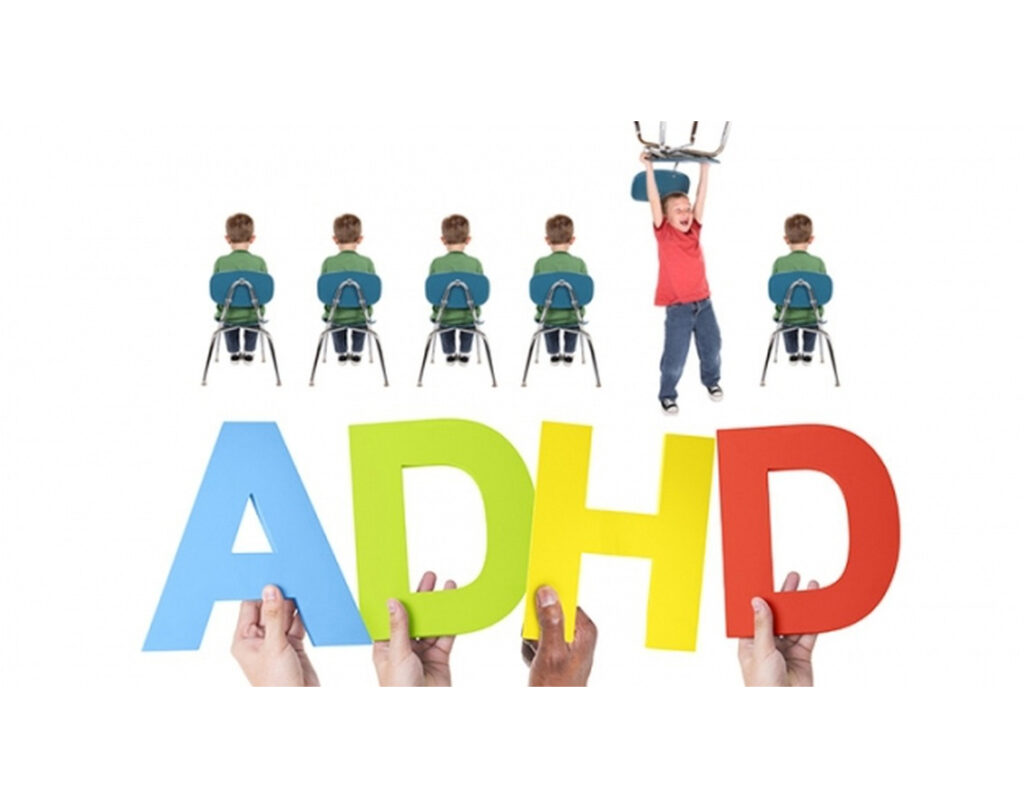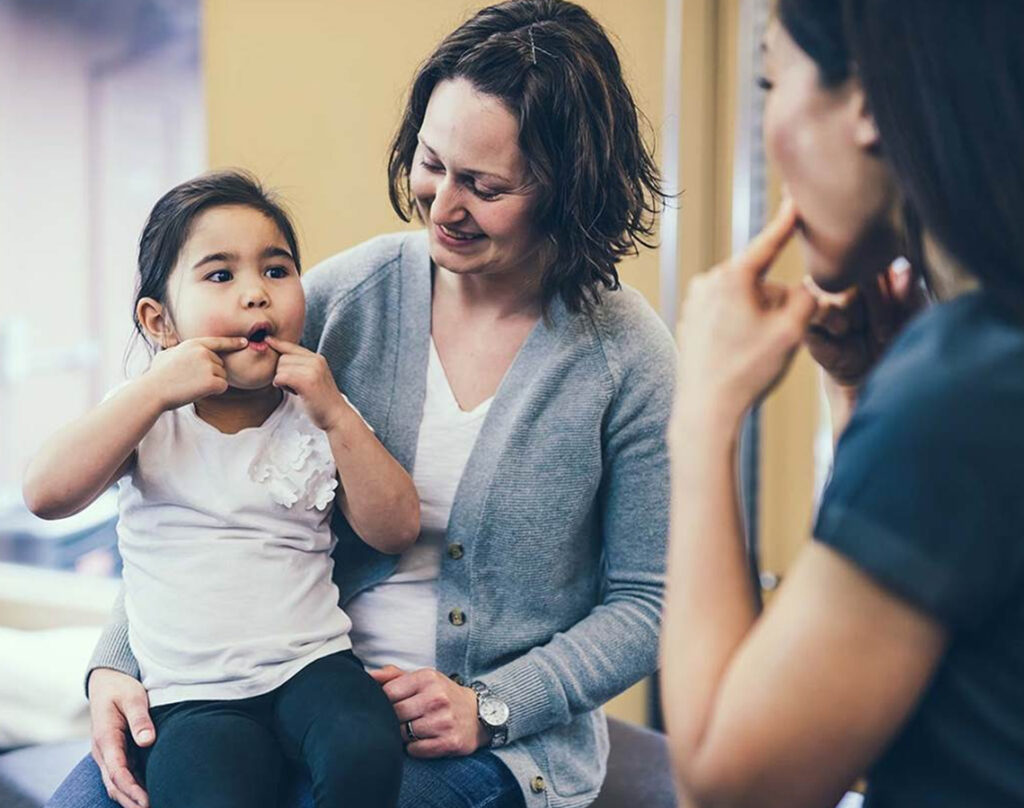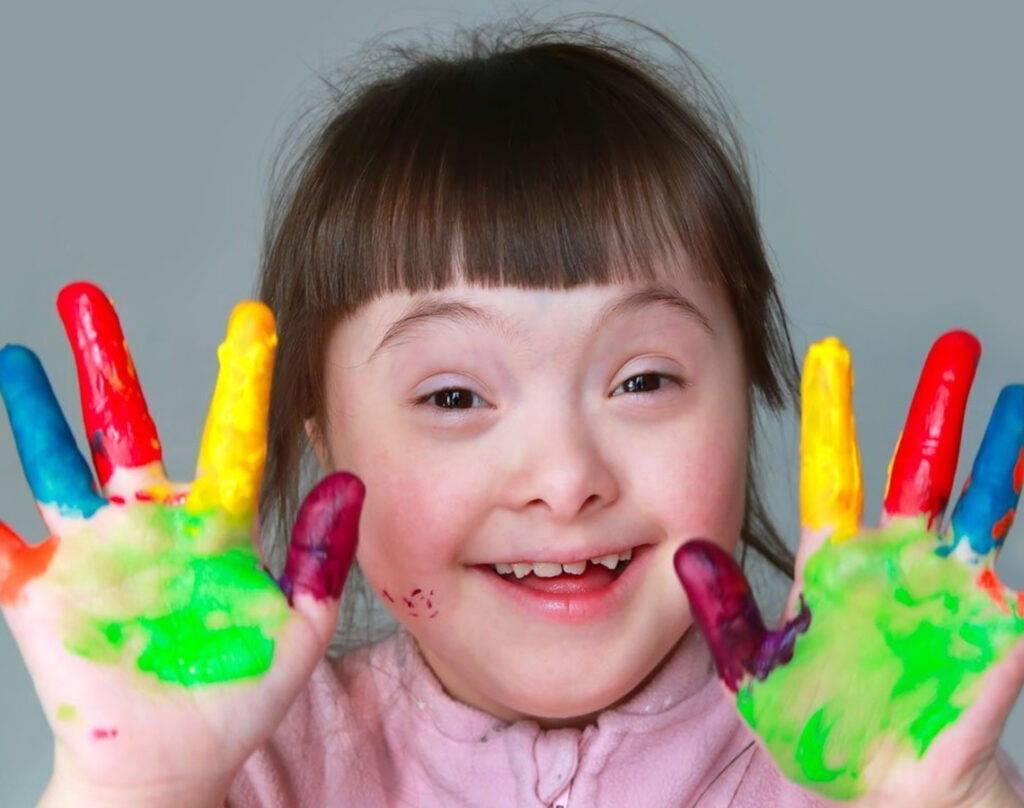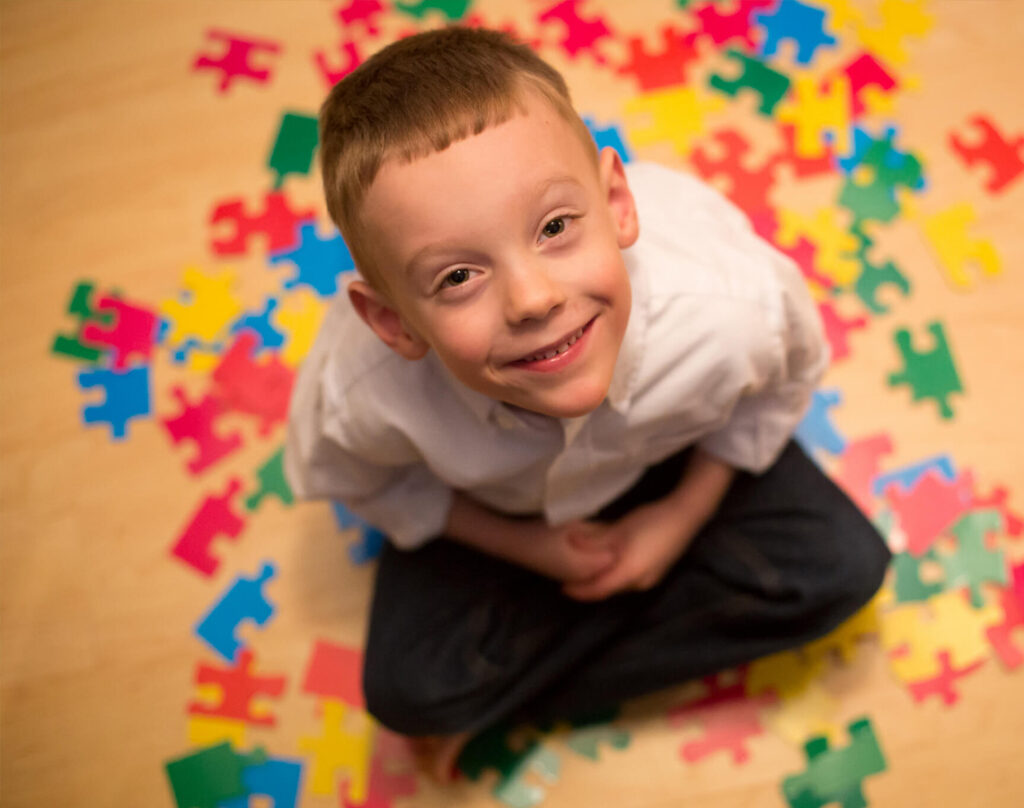Well Child Clinic
Child Development Center
RESOURCES FOR PROFESSIONALS
- AAP recommends developmental surveillance (https://www.cdc.gov/ncbddd/actearly/pdf/Healthcare-Provider-Primer_English-508.pdf)
- CDC’s Act Early. for Early Care and Education Providers (https://www.cdc.gov/ncbddd/actearly/pdf/ECE-Primer_English-508.pdf)
- Tips for Talking with Parents about Developmental Concerns (https://www.cdc.gov/ncbddd/actearly/pdf/CDC_LTSAE_TipsForTalkingWithParents_AppBadge-508.pdf)
- When children grow up in a safe and nurturing home environment, have opportunities to learn, and time to interact and build relationships with other children, they are more likely to reach their full potential. This is especially true for children with mental, behavioral, and developmental disorders (https://www.cdc.gov/childrensmentalhealth/features/rural-health.html)
RESOURCES FOR PARENTS
- As a parent you give your children a good start in life—you nurture, protect and guide them. Parenting is a process that prepares your child for independence. As your child grows and develops, there are many things you can do to help your child. These links will help you learn more about your child’s development, positive parenting, safety, and health at each stage of your child’s life (https://www.cdc.gov/ncbddd/childdevelopment/positiveparenting/index.html).
- Learn more about Developmental monitoring, Developmental screening and Developmental evaluation. Are these different? How, who and where is this done? (https://www.cdc.gov/ncbddd/childdevelopment/screening.html)
- ADHD fact sheet (https://www.cdc.gov/ncbddd/adhd/documents/adhdfactsheetenglish.pdf)
- Autism fact sheet (https://www.cdc.gov/ncbddd/autism/materials/addm-factsheet.html)
- Intellectual disability is a term used when there are limits to a person’s ability to learn at an expected level and function in daily life. Levels of intellectual disability vary greatly in children. Children with intellectual disability might have a hard time letting others know their wants and needs, and taking care of themselves. Intellectual disability could cause a child to learn and develop more slowly than other children of the same age. It could take longer for a child with intellectual disability to learn to speak, walk, dress, or eat without help, and they could have trouble learning in school (https://www.cdc.gov/ncbddd/childdevelopment/facts-about-intellectual-disability.html )
- Milestones matter! Track your child’s milestones from age 2 months to 5 years with CDC’s easy-to-use illustrated checklists; get tips from CDC for encouraging your child’s development; and find out what to do if you are ever concerned about how your child is developing (https://www.cdc.gov/ncbddd/actearly/milestones-app.html )

ADHD
ADHD (Attention Deficit Hyper Activity Disorder) refers to hyperactivity or lack of concentration. This is found in 5 to 12% of children. With this illness, children are unable to focus on anything, and they face many problems at home, at school and in the community. Such children wrongly continue to receive punishment from parents and teachers.

HELPING A CHILD WHO STUTTERS
Speak with your child in an unhurried way, pausing frequently. At the same time, try not to sound unnatural. Wait a few seconds after your child finishes speaking before you begin to speak. Your own slow, relaxed speech will be far more effective than any criticism or advice such as “slow down” or “try it again slowly.” Such simplistic advice can be felt as demeaning and is not helpful.

LEARNING DISABILITIES (DYSLEXIA)
Problems with speaking, reading, writing, spelling and doing maths could be caused by Learning Disabilities (LD). LD can affect school performance even in children with normal or even above-average intelligence. However, with the right approach and support children with LD can easily cope, even excel in school.

DOWN SYNDROME
Down syndrome (Trisomy 21) is a disorder in which a person has an extra 21st chromosome. One in every eight hundred children has Down syndrome. Children with Down syndrome experience delays in physical and intellectual development. Their average height is often less than other children of their age. They might have a lower than average thinking ability, poor muscle tone, and joint weakness.

CEREBRAL PALSY (CP)
Speak with your child in an unhurried way, pausing frequently. At the same time, try not to sound unnatural. Wait a few seconds after your child finishes speaking before you begin to speak. Your own slow, relaxed speech will be far more effective than any criticism or advice such as “slow down” or “try it again slowly.” Such simplistic advice can be felt as demeaning and is not helpful.

AUTISM
Autism is a developmental disability that affects communication, social interaction, and play skills. Autism affects about 1 in 88 people and it occurs approximately four times more in boys than in girls. It affects brain function and should be diagnosed by a medical professional. Although every child with autism is different, children with autism will usually have:
स्माईल स्पीच एंड हियरिंग सेंटर
• बोलणे Speech
• बोलण्यात व शब्द उच्चारणाची समस्या Speech Disorders
• तोतरेपणा व बोलण्यात अडकणे Stammering
• उशीरा बोलणे Delayed Speech
• टाळुचे व्यंग Cleft Palate
• आवाजाची समस्या Voice Disorders
• ऐकणे Hearing
• OAE (Oto Acoustic Emission) BERA (Brain Stem Auditory Evoked Responses
या अत्याधुनिक मशीन द्वारे
श्रवण क्षमतेची कमीची तपासणी करणे व उपचार
• सर्व नवजात शिशुची श्रवण क्षमतेची तपासणी व्हावयास पाहिजे
• श्रवण क्षमतेची शंका वाटल्यास उदा. प्री-मॅध्यअर बेबी कमी वजनाचा शिशु जन्माच्या वेळी उशीरा रडणे नवजात अवस्थेमध्ये कावीळ नेहमी नेहमी कान वाहने, मेदुज्वर
● सर्व प्रकारची Audiometry.
Pule Tore Audiometry / Impedance
Audiometry/Freefield Audiometry
Cochlear Implant Counseling and Post Implant Rehabilitation
● सर्व प्रकारचे यंत्र Analog & Digital
राष्ट्रीय निर्धारीत स्टैंडर्ड अनुसार प्रस्थापित एकमात्र अत्याधुनिक केंद्र
• मुलांमध्ये दिसणा-या सर्व प्रकारच्या व्यंग व
मानसिक असाधारणता चे निदान व त्यावर उपचारासाठी
शिघ्र हस्तक्षेप केंद्र Early intervention Centre
• अति चंचलता व अस्थिरता ADHD
• आत्मकेंद्रीतपणा Autism
• अभ्यासामध्ये कमजोर Learning Disabilities/ Dyslexia
• शिक्षणामध्ये यश कमी मिळणे Scholastic backwardness
• मतिमंदता Mental Retardation (MR)
• किशोरवयीन समस्या Adolescence counselling.
• बुध्दांक 1Q Test, भावनांक EQ Test, Aptitude Test
Down Syndrome Registry
Cerebral Palsy (CP) Spastic Child
• Behavioural Disorders
अंथरूणात लघवी करणे, चिडचिडपणा, अंगठा चोखणे, जिदीपणा, गैरवर्तन करणे, लवकर राग येणे, नखे खाणे,
चोरी करणे, खोटे बोलणे
